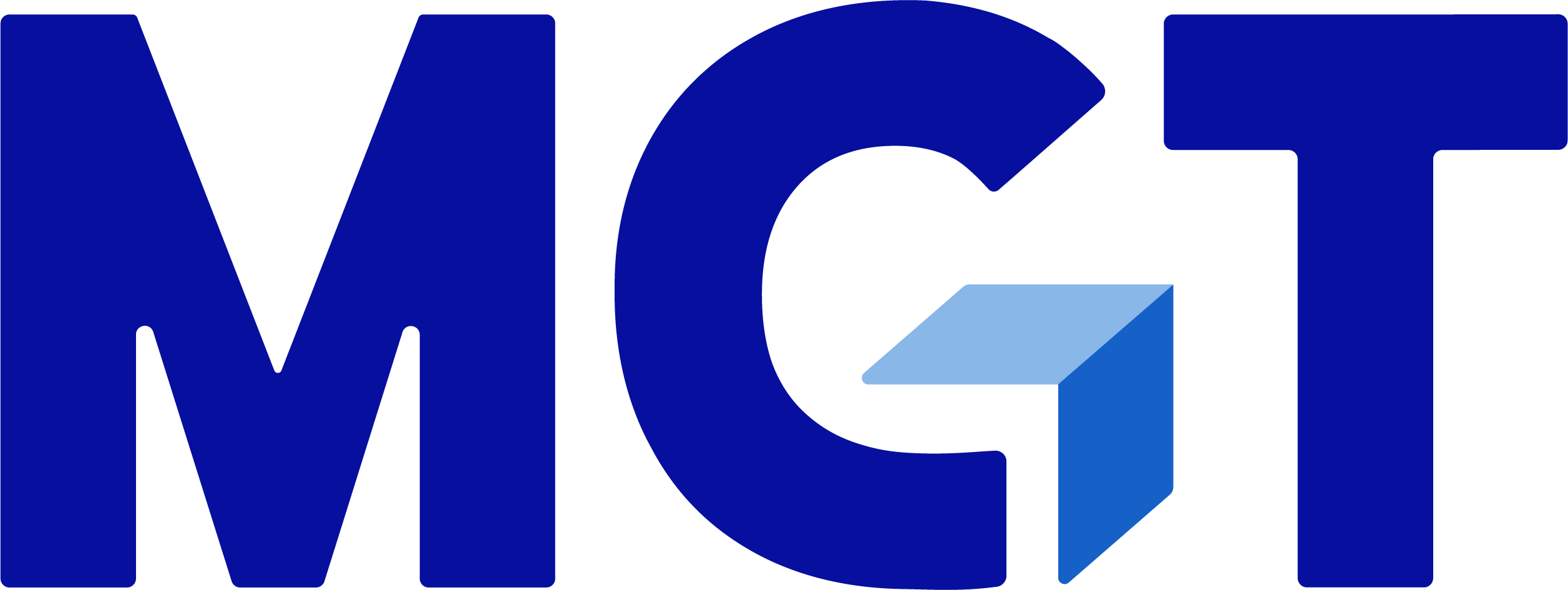 The Learning Counsel today released the results of its sixth annual Survey of School and District Digital Curriculum Strategy and Transformation. 462 K-12 U.S. Schools and Districts responded to this year’s national Survey, which collects data to rate schools and mark national trends in how digital transitions are occurring, primarily from a lens of software sophistication, devices and network infrastructure. It is also a school “Self-Assessment” Tool because schools find that just the process of answering all the questions helps them to work out strategies to meet or exceed efforts in the surveyed areas nationally.
The Learning Counsel today released the results of its sixth annual Survey of School and District Digital Curriculum Strategy and Transformation. 462 K-12 U.S. Schools and Districts responded to this year’s national Survey, which collects data to rate schools and mark national trends in how digital transitions are occurring, primarily from a lens of software sophistication, devices and network infrastructure. It is also a school “Self-Assessment” Tool because schools find that just the process of answering all the questions helps them to work out strategies to meet or exceed efforts in the surveyed areas nationally.
Some of the top takeaways from the 2019 survey include:
- The K-12 Ed-Tech Market is experiencing the results of an unsustainable growth in spending without commensurate results. A dire need to create relevancy has triggered a bonanza of trial-and-error that all markets go through on their way to being transformed because of technology.
- Hardware and major systems software spend has recovered while digital curriculum continues a steep rise, driving change in operations.
- Social-emotional needs of students is now cited as the number one pressure point.
- Schools and districts are on their way to new personalized learning models, but still heavily oriented in whole-group teaching.
- Administrators are becoming savvy in selecting digital curriculum and content.
Data from the Learning Counsel’s 2019 Survey indicates that 58 percent of schools now rate their highest pressure as coming from their student’s social and emotional needs. 45 percent gave a high-pressure rating to the “ever-changing academic and technical standards (demanding to be kept up with).” 42 percent gave a high-pressure rating to “increasing technology complexity.” 35 percent of respondents gave a high-pressure rating to “a sense of growing educational disequilibrium.”


